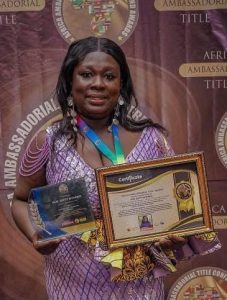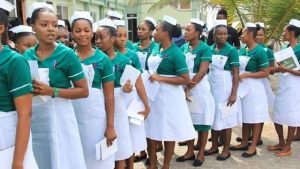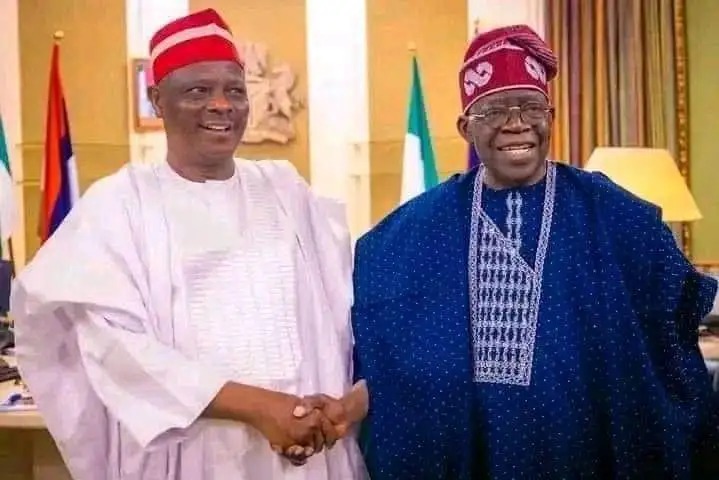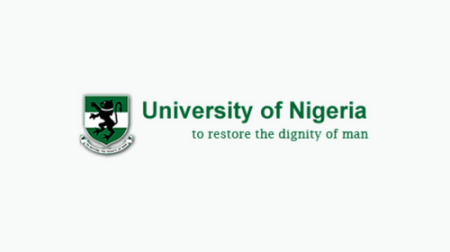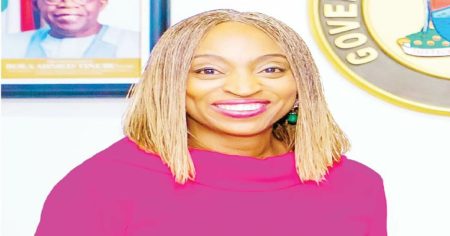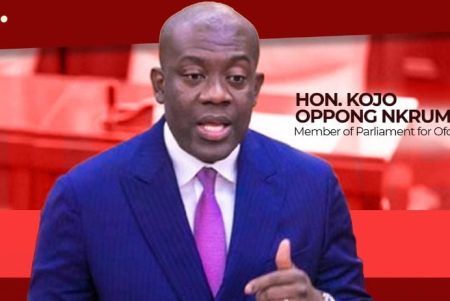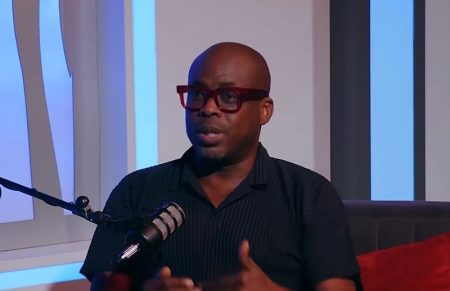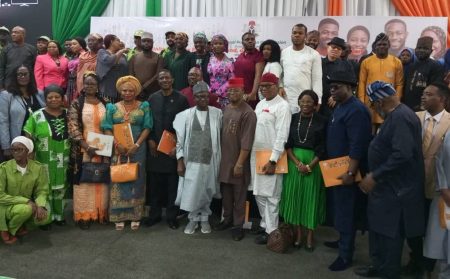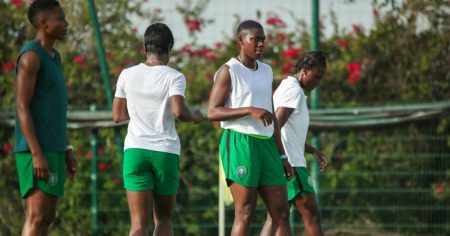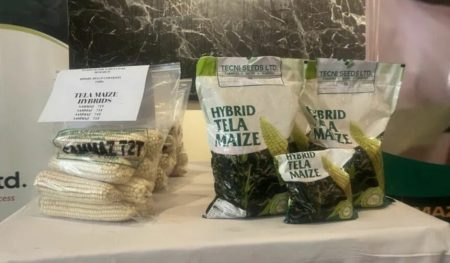The recent closed-door meeting between President Bola Tinubu and former Kano State Governor, Rabiu Kwankwaso, at the Presidential Villa has ignited speculation and intrigue within Nigeria’s political landscape. This meeting, held on Monday, followed Kwankwaso’s attendance at the Nigeria Forest Economy Summit 2025, also held at the State House. It marked their second publicly acknowledged encounter since Tinubu’s inauguration, with the first occurring shortly after the inauguration in June 2023, when Kwankwaso became the first presidential candidate to visit the newly elected President. While details of their discussions remain undisclosed, the timing of this latest meeting holds significant weight, particularly in the context of the emerging political realignments ahead of the 2027 general elections.
Kwankwaso, a seasoned political figure and leader of the influential “Kwankwasiyya” movement, boasts a formidable political career spanning two non-consecutive terms as Kano State Governor (1999-2003 and 2011-2015), a stint as Defence Minister under President Olusegun Obasanjo, and a presidential bid in the 2023 elections under the New Nigeria Peoples Party (NNPP) banner. Although he finished fourth in the presidential race, his resounding victory in Kano State, securing both the governorship and a majority of state assembly seats, underscored his enduring political dominance in Nigeria’s most populous northern state. This stronghold makes him a highly sought-after ally for any political coalition seeking to gain traction in the North.
The context surrounding the meeting is further enriched by the recent announcement of a broad-based opposition coalition led by the African Democratic Congress (ADC), aimed at challenging the ruling All Progressives Congress (APC) in the 2027 elections. While the NNPP is not formally part of this coalition, Kwankwaso’s political influence and significant support base make him a crucial figure for opposition parties seeking to consolidate their forces. This meeting, therefore, takes on added significance as it potentially signals the ongoing negotiations and realignments within the political sphere ahead of the next election cycle. The secrecy surrounding the meeting’s content fuels speculation about the nature of their discussions, leaving room for a multitude of interpretations.
Several possibilities emerge regarding the agenda of the Tinubu-Kwankwaso meeting. One scenario is that it signifies exploratory talks for a potential alliance between Kwankwaso’s NNPP and the ruling APC. Given Kwankwaso’s political clout, such an alliance could significantly bolster the APC’s position in the North, further solidifying its national dominance. Conversely, the meeting could represent a strategic move by Kwankwaso to gauge the political landscape and explore potential collaborations with the ruling party while maintaining his position within the opposition. This approach could provide him with leverage in future negotiations, whether with the APC or other opposition parties.
Another possibility is that the meeting focused on broader national issues, such as security, economic development, or the ongoing political reforms. Kwankwaso’s experience as a former governor and Defence Minister lends him valuable insights into these critical areas, and his input could be sought by the President as part of a broader effort to foster national unity and address pressing national concerns. This interpretation aligns with Kwankwaso’s previous statements following his first meeting with Tinubu, where he indicated discussions on politics and governance.
Finally, the meeting could simply represent a courtesy call, a gesture of political sportsmanship in the aftermath of a fiercely contested election. While this interpretation is plausible, the timing of the meeting, coupled with the ongoing political maneuvering ahead of 2027, suggests a more strategic dimension to their interaction. The discreet nature of the meeting, held at the President’s residence away from the scrutiny of aides and the press, reinforces the notion of sensitive discussions regarding potential political collaborations or alignments.
Regardless of the specific agenda, the Tinubu-Kwankwaso meeting highlights the fluid and dynamic nature of Nigerian politics. Alliances shift, negotiations unfold, and political figures constantly recalibrate their strategies in pursuit of power and influence. The secrecy surrounding the meeting’s details only amplifies the intrigue and underscores the high stakes involved as the nation gears up for the next electoral cycle. Only time will reveal the true implications of this encounter and the extent to which it shapes the political landscape in the lead-up to the 2027 elections.


